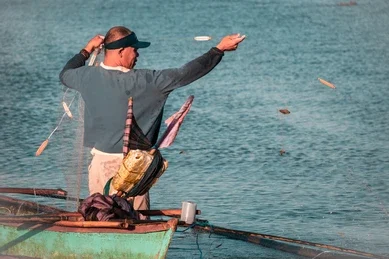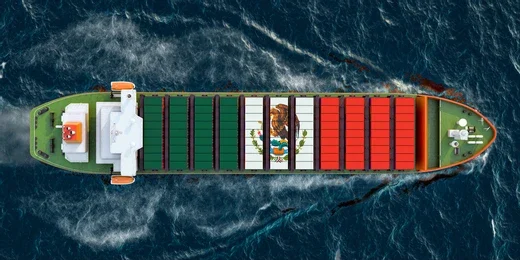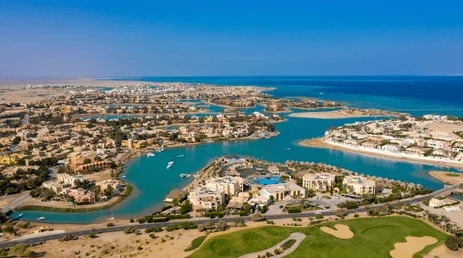
In the Philippines, illegal fishing practices such as dynamite and cyanide fishing pose a significant threat to marine ecosystems. These destructive methods not only devastate fish populations but also damage coral reefs and other vital habitats. The widespread prevalence of these activities highlights the urgent need for effective regulation and enforcement to protect the nation’s rich marine biodiversity. Without intervention, the long-term health of the oceans and the livelihoods of local communities remain at serious risk.

In Mexico, the pervasive issue of narco-trafficking severely undermines marine conservation initiatives, as drug cartels exploit coastal areas for their operations. This illicit activity fuels increased poaching, threatening endangered marine species and disrupting delicate ecosystems. Additionally, the presence of violence and corruption deters legitimate conservation efforts, diverting resources and attention from protecting vulnerable habitats. The intertwining of drug trafficking and environmental degradation poses a formidable challenge, complicating efforts to sustain the rich marine biodiversity of the region.

Indonesia faces a pressing challenge with the overexploitation of its marine resources, where unsustainable fishing practices are depleting fish populations and jeopardizing marine biodiversity. This degradation not only threatens the livelihoods of local fishermen but also disrupts the delicate balance of the marine ecosystem. Without immediate intervention, the continued extraction of fish at unsustainable rates could lead to irreversible damage.

Japan’s continued whaling practices generate significant ethical and conservation concerns, as they not only challenge global norms but also threaten the survival of certain whale species. Despite international opposition and bans, Japan has persisted in its whaling activities under various justifications, such as scientific research. This defiance raises alarms among conservationists who fear that the delicate balance of marine ecosystems is at stake. The situation encapsulates the broader tension between cultural traditions and the urgent need for sustainable environmental practices, leaving the global community at an impasse.

Egypt’s coastal tourism, especially in the Red Sea region, is experiencing a surge that poses significant challenges to environmental sustainability. Unregulated development has resulted in habitat destruction, threatening the delicate balance of marine ecosystems and local biodiversity. Coral reefs, essential for tourism and marine life, are increasingly at risk from overexploitation and pollution. Without effective regulatory measures, the long-term consequences for both the environment and the tourism industry could be dire.
